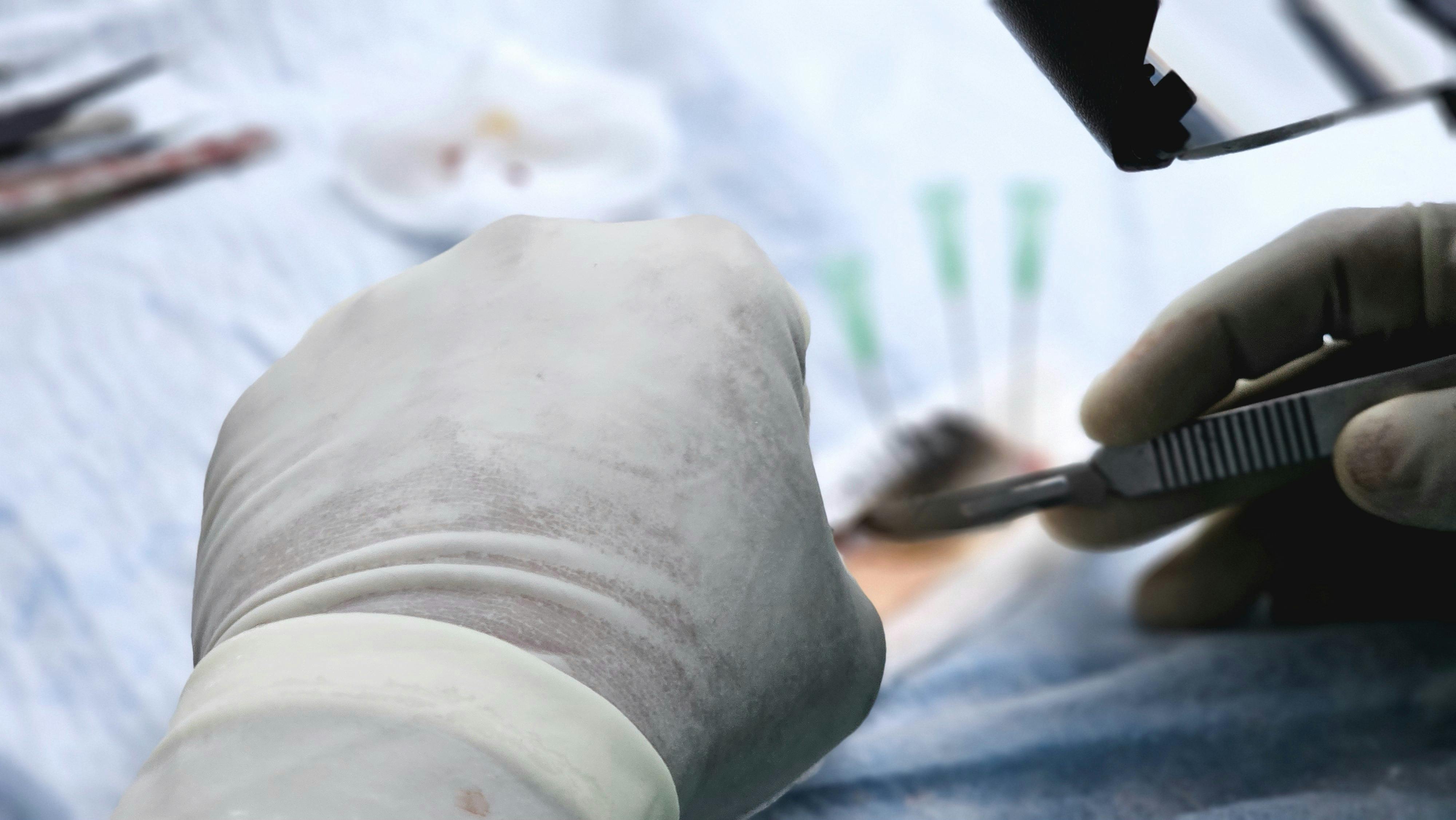The Role of Elisa Kit Producers in Indonesia's Healthcare
Indonesia's healthcare landscape has undergone significant transformation in recent years, with diagnostic technology playing a pivotal role in this evolution. Among the various diagnostic tools available, ELISA (Enzyme-Linked Immunosorbent Assay) kits have emerged as essential components in the country's medical infrastructure. These sophisticated diagnostic instruments enable healthcare providers to detect diseases early, monitor patient conditions, and implement preventive care strategies across Indonesia's diverse archipelago of over 17,000 islands.

The Indonesian healthcare sector has witnessed remarkable growth in diagnostic capabilities, largely driven by local and international producers of advanced testing equipment. ELISA kit manufacturers have established a strong presence in the region, contributing to improved healthcare outcomes while supporting the country’s economic development goals.
Understanding ELISA Kits and Their Healthcare Applications
ELISA technology represents a cornerstone of modern diagnostic medicine, utilizing antibody-antigen interactions to detect specific proteins, hormones, or pathogens in biological samples. In Indonesia’s healthcare system, these kits serve multiple critical functions, from routine blood screening to complex disease monitoring. Healthcare facilities across the archipelago rely on ELISA-based diagnostics for conditions ranging from infectious diseases like hepatitis and HIV to chronic conditions such as diabetes and thyroid disorders. The versatility of these diagnostic tools makes them particularly valuable in Indonesia’s diverse healthcare environment, where facilities must address varying disease patterns across different regions and populations.
Contribution to Disease Prevention Through Diagnostic Innovation
Early detection capabilities provided by ELISA kit producers have revolutionized disease prevention strategies throughout Indonesia. These diagnostic innovations enable healthcare providers to identify health conditions before symptoms become apparent, allowing for timely interventions that can prevent disease progression. Indonesian healthcare facilities now utilize advanced ELISA platforms for screening programs targeting high-prevalence conditions such as tuberculosis, malaria, and various tropical diseases endemic to the region. The accuracy and reliability of modern ELISA systems have enhanced public health surveillance efforts, enabling authorities to track disease outbreaks and implement targeted prevention measures across the country’s vast geographic expanse.
Economic Impact on Healthcare System Efficiency
The presence of ELISA kit producers in Indonesia has generated substantial economic benefits while improving healthcare system efficiency. Local manufacturing capabilities have reduced dependency on imported diagnostic equipment, resulting in cost savings for healthcare facilities and improved accessibility for patients. This economic transformation has created employment opportunities in high-tech manufacturing sectors while building expertise in biotechnology and medical device production. Healthcare institutions benefit from reduced operational costs and faster supply chain logistics, enabling them to allocate resources more effectively toward patient care and facility improvements.
| Provider | ELISA Kit Type | Cost Estimation (USD) |
|---|---|---|
| Bio-Rad Laboratories | Infectious Disease Panel | $150-300 per kit |
| Thermo Fisher Scientific | Hormone Testing Kit | $200-400 per kit |
| Abbott Diagnostics | Cardiac Marker Kit | $180-350 per kit |
| Roche Diagnostics | Autoimmune Testing | $250-450 per kit |
| Local Indonesian Manufacturers | Basic Screening Kits | $80-180 per kit |
Prices, rates, or cost estimates mentioned in this article are based on the latest available information but may change over time. Independent research is advised before making financial decisions.
Supporting Research and Development in Medical Diagnostics
ELISA kit producers have significantly advanced research and development capabilities within Indonesia’s medical diagnostics sector. Collaborative partnerships between international manufacturers and local research institutions have fostered innovation in diagnostic technology specifically tailored to regional health challenges. These partnerships have resulted in the development of specialized testing protocols for diseases prevalent in tropical climates and have enhanced the technical expertise of Indonesian healthcare professionals. Research initiatives supported by ELISA kit manufacturers have contributed to improved understanding of disease patterns unique to Southeast Asian populations, leading to more effective diagnostic and treatment strategies.
The integration of advanced ELISA technology into Indonesia’s healthcare infrastructure continues to drive improvements in patient outcomes and system efficiency. As the country works toward achieving universal healthcare coverage, the role of diagnostic equipment producers becomes increasingly important in ensuring accessible, accurate, and cost-effective medical testing capabilities throughout the archipelago. The ongoing development of local manufacturing capacity and technical expertise positions Indonesia as a regional leader in diagnostic technology, with benefits extending beyond healthcare to encompass economic growth and technological advancement.
This article is for informational purposes only and should not be considered medical advice. Please consult a qualified healthcare professional for personalized guidance and treatment.




